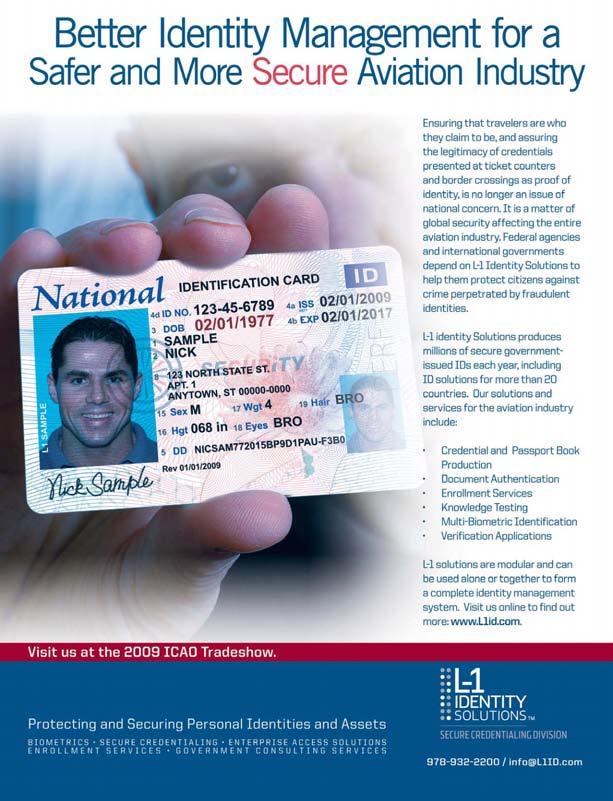Congress, investors won’t let “Trusted Traveler” die
As a hearing yesterday before the Subcommittee on Transportation of the House Homeland Security Committee, Republicans and Democrats joined in urging a re-start of the all-but-bankrupt “Registered Traveler” or “Trusted Traveler” scheme that shut down this June. Subcommittee members even went to so far as to criticize the TSA for having planned — until members of Congress and a temporary injunction in a customer lawsuit for refunds prevailed on them to hold off — to delete the fingerprints, iris scans, and other personal data collected for use by the TSA and the Registered/Trusted Traveler vendors. If you think this data should be purged from government files sooner rather than later, let your representative know what you think.
Amazingly, there are even private equity investors who showed up at the hearing to proclaim their readiness to buy some of the assets (including the personal data bank, of course, but not the liability for refunds to no-longer-trusted travelers who now want out) of the largest of the former registered-traveler operator, “Clear” Verified Identity Pass, and to try to bring it back to life.
But the would-be investors made clear that their business model would depend on government support. The TSA has admitted that the Registered Traveler program has no security value, and stopped conducting, or charging for, background checks on applicants. That leaves the program as nothing more than a way for members to pay extra to go through a dedicated line at the TSA checkpoint, which is possible only if the TSA allows these private companies to control access to the government checkpoint people have to pass through to travel by common carrier. Sort of like a government-facilitated scheme to allow you to bribe your way to the front of the line. Except that it’s more like extortion than bribery, since the point is not to receive government services but to avoid (in part) government restrictions and costs imposed on the exercise of rights.
The government has no business collaborating with this racket, or helping private businesses shake down members of the public who can’t afford the delays imposed by TSA security theater. “Trusted Traveler” is dead, and the government should leave it in its grave.

